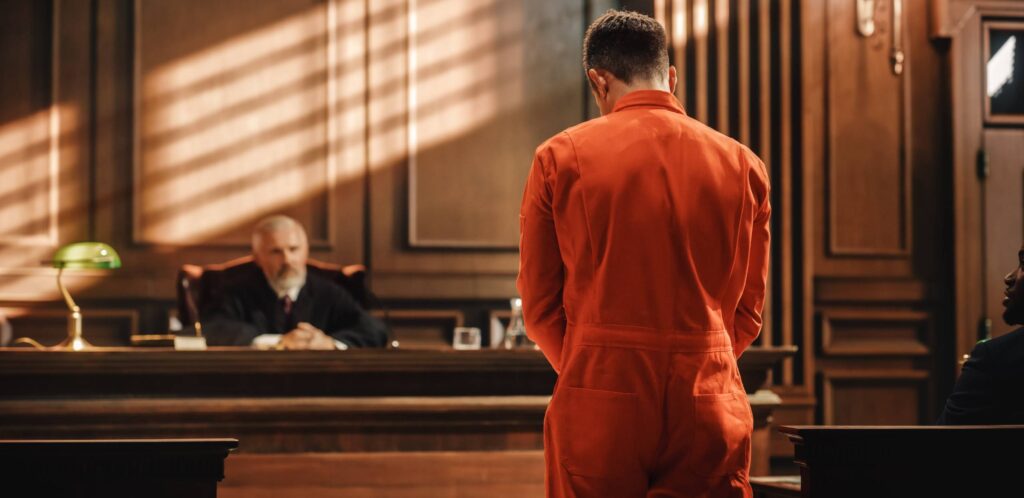California Penal Code 192
Manslaughter Defense in California
Manslaughter Defense in California falls under two primary categories: voluntary and involuntary, each carrying serious legal consequences

Manslaughter Defense in California
Manslaughter defense in California fall under two primary categories: voluntary and involuntary, each carrying serious legal consequences. However, unlike murder, manslaughter involves killings that lack premeditation or specific intent to kill. Depending on the circumstances, there are various defense strategies available to fight these charges.
How We Can Help
At Virtuoso Criminal and DUI Lawyers, we understand that manslaughter charges can arise from complex and emotionally charged situations. Our experienced attorneys are dedicated to building a strategic defense tailored to the specifics of your case, whether it involves voluntary or involuntary manslaughter. We will work to challenge the prosecution’s evidence, demonstrate mitigating factors, and fight for the best possible outcome on your behalf.
Manslaughter defense in California requires skilled legal representation. Contact us today for a free consultation to discuss your case and explore your legal options.
Voluntary Manslaughter
Voluntary manslaughter occurs when a person kills another in the heat of passion or during a sudden and intense altercation. This type of manslaughter is often characterized by strong emotions driving the defendant to act without thinking clearly.
Common Scenarios: Voluntary manslaughter typically arises in situations where emotions are running high. For example, a fatal fight where the defendant acted out of rage or immediate provocation, such as learning of a partner’s infidelity and reacting violently.
Defense Strategies: The key to defending against voluntary manslaughter charges often involves questioning the presence of provocation or justifying the defendant’s actions. Common defenses include:
- Lack of Provocation: If it can be proven that the defendant was not provoked in a way that would justify a heat-of-passion reaction, the charges could be reduced or dismissed.
- Self-Defense or Defense of Others: If the killing occurred while the defendant was defending themselves or another person from imminent harm, a self-defense argument can be presented, potentially leading to an acquittal.
Involuntary Manslaughter
Involuntary manslaughter, on the other hand, involves unintentional killings resulting from reckless or negligent actions. Unlike voluntary manslaughter, there is no intent to kill, but the behavior leading to death is deemed reckless or dangerously negligent.
Common Scenarios: This type of manslaughter can occur in everyday activities where carelessness leads to a fatal outcome. Examples include a person causing death through reckless driving or an act performed without proper caution, such as improperly handling a firearm.
Defense Strategies: Involuntary manslaughter cases often hinge on disproving claims of recklessness or criminal negligence. Potential defenses include:
- Lack of Recklessness or Negligence: If the defense can show that the defendant’s actions did not meet the legal standard for recklessness or criminal negligence, the charges may not stand.
- Accidental Death Without Negligence: If the death was truly accidental and occurred despite the defendant taking reasonable precautions, this could form the basis of a strong defense.
